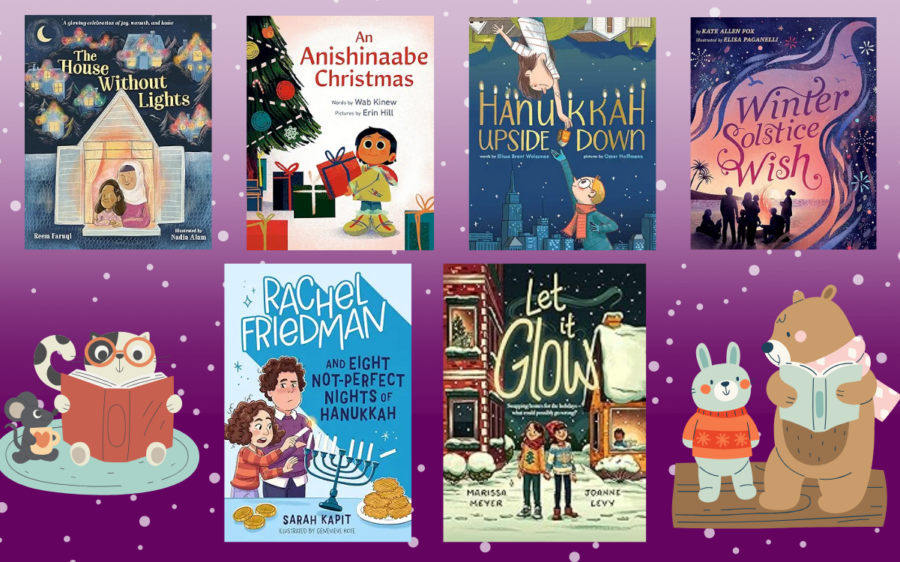Teaching in prekindergarten can be one of the most enjoyable and humbling experiences known to humankind!
A few weeks ago, I had the opportunity to model two lessons on working with sounds and letters in in a prek classroom. I can only say that it filled me with joy as well as a little fear. Four year olds can be a tough audience! They expect the best and have no problem letting you know if things are getting a little dull or not moving at a pace they find pleasing. Thankfully, the 10 minute lessons turned out well and the children, the classroom teacher, and I all learned a thing or two.
Below are four reminders I took away:
- Keep it snappy! Proper pacing is everything and never forget less is more. About 4 minutes into a phonological awareness lesson on clapping the parts in words using picture cards, one little boy declared “We can’t do all of those.” Fortunately, I wasn’t planning on it, but he clearly let me know we just needed a few examples to understand the concept.
- Conversation is going to happen – and you need to let it! Young children use their oral language to build conceptual understanding, make connections to what they know and to synthesize their learning. These four-year olds already knew a lot about letters and sounds and had a lot to share. When I asked if the children knew the name of the magnetic letter “o” I quickly learned that owl starts with that letter and that owls come out at night. Then a few others chimed in too.
- Keep your instructional language clear and simple. Upon reflection with the classroom teacher, we agreed that this was a strength of my lessons. I was using language suggestions from the text, Sounds, Letters, and Words in PreK and it really helped me to say the lesson principle and directions in clear language. Because I used an economy of language with concrete demonstrations, children easily understood what was being asked of them.
- Time for exploration and inquiry makes it fun. The learning will “stick” when young children have the time to engage in play around the concepts you are introducing. I modeled a second lesson on sorting letters by their features, introducing the concept that some letters have curves. After a brief modeling, I gave the children trays of letters to sort and they were excited. Of course, all first sorted their letters by the bright colors. Then they were happy to try out sorting by curves and lines as I had suggested. A little exploration first frees the mind to attend to a new concept.
Probably more than anything, my brief time spent in prekindergarten reminded me of how much fun learning can be for all! The children discovered a few new things about hearing the parts in words (phonological awareness) when we sorted picture cards and they noticed some new features of letters when they sorted those. The host teacher and I had time to debrief the modeled lessons and both of us took away our own learning. Leave it to four year olds to help you refresh and renew!

Find Out For Yourself!
Join us on March 21 and 22 to learn how to bring playful engagement with sounds, letters, and words to young children who are beginning to explore how words work.





